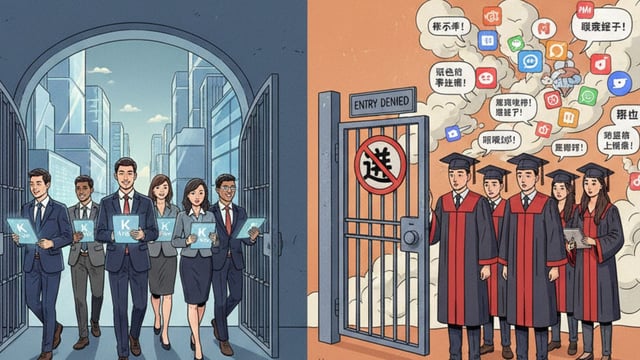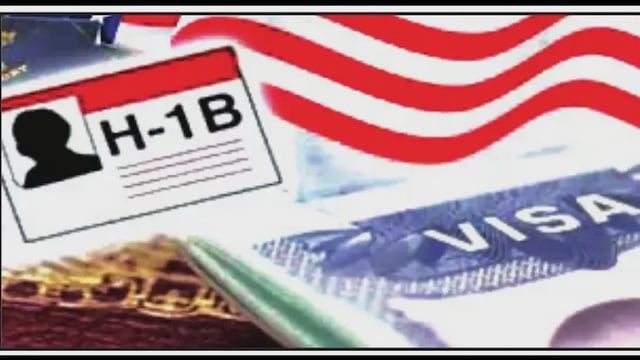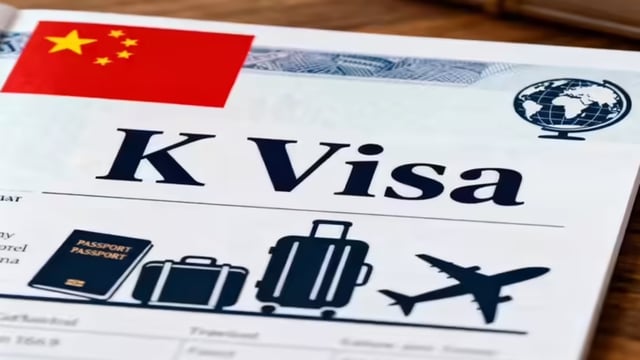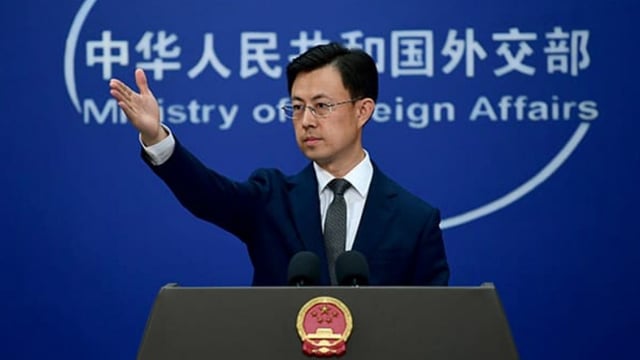Overview
- Although effective on paper from October 1, the category was not listed at overseas posts as Chinese embassies remain shut through October 8 for National Day and Mid‑Autumn holidays.
- The visa is designed for young STEM degree holders or researchers and promises multiple entries, longer validity and stays, and permission for exchanges and entrepreneurial activity without a domestic invitation.
- Weibo users questioned the policy’s timing given high youth unemployment and the annual influx of roughly 12 million new graduates, arguing it could privilege foreign bachelor’s holders over local peers.
- Commenters and analysts warned that dropping employer sponsorship could complicate vetting, invite fraud, and strain capacity to verify credentials.
- Coverage abroad cast the move as a rival to the U.S. H‑1B, with interest rising after President Donald Trump announced a $100,000 H‑1B fee, while Chinese officials framed the visa as a tool to boost science and technology collaboration.



